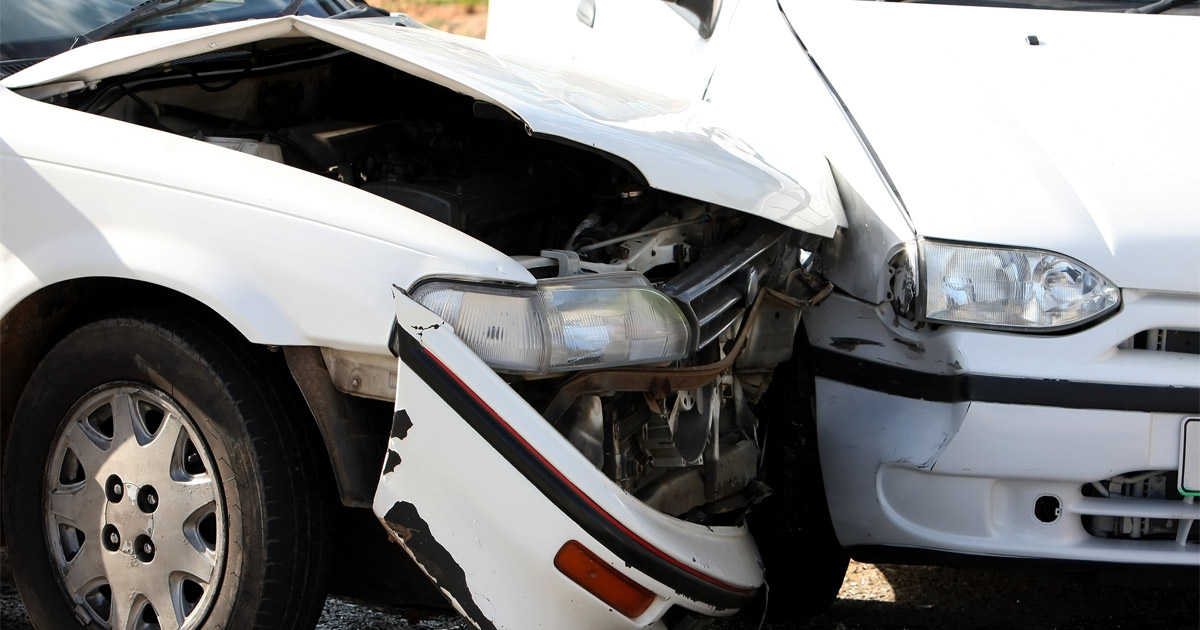Often, when a car accident happens, it is clear that a driver’s poor decision caused the accident. A driver who gets behind the wheel intoxicated is clearly at fault, but what happens when the cause of the accident involves a medical condition? When a sudden heart attack or seizure occurs, is the driver legally responsible if it leads to a car wreck?
The answer is not simple. There are many factors that are used to determine if a medical emergency is a valid excuse for causing a car accident.
Can a Medical Emergency be Used as a Defense?
A major consideration in these cases centers around the medical condition and its severity. If it is a condition that causes sudden blackouts or inhibits the driver’s ability to control the vehicle, it can be a viable defense.
Additionally, it must be proven that the condition led to the accident. The condition may exist, but it must have directly contributed to the accident in order to be relevant in the case.
If the medical emergency was unforeseen, then the driver may not be held liable. However, if the driver should have known that a dangerous medical episode was possible, it is their legal duty to ensure that they are not behind the wheel.
The court will consider the severity of the injuries that resulted from the accident. If the injures are serious, the court will be moved to award significant damages. If the injuries are minor, the compensation will be a smaller amount.
How is Negligence Proven?
When a driver is negligent, they violate their legal duty to drive safely without causing danger to others. In order for a court to determine negligence, it will have to be proven that they knowingly breeched their duty to keep others safe.
This ultimately comes down to whether or not the driver was aware of their condition prior to the accident. If they were aware, they should have avoided driving when they knew that they could potentially lose control of the vehicle.
What is the Sudden Emergency Doctrine?
When a defense attorney uses the Sudden Emergency Doctrine, they are arguing that their client is not liable for the accident because the unanticipated nature of the medical issue shields them from negligence. This doctrine dictates that the driver was unaware of their medical condition. If the driver was unaware of their medical condition or they had insufficient warnings of its dangers, then they may not be held liable.
However, if the driver knew of the condition and its propensity to affect their driving, the doctrine does not apply, and the defendant may be held liable for the accident.
Determining liability is difficult, so it is best that a car accident victim speaks to a lawyer after a car crash occurs.
Atlantic City Car Accident Lawyers at the D’Amato Law Firm Assist Car Wreck Victims Hurt by Drivers with Medical Conditions
When a car accident happens as a result of a medical condition, it can be difficult to prove negligence. If you were injured in such an accident, one of our Atlantic City car accident lawyers at the D’Amato Law Firm can help. Contact us online or call us at 609-926-3300 for a free consultation. Located in Egg Harbor Township, New Jersey, we serve clients throughout South Jersey, including Atlantic City, Linwood, Galloway Township, Cape May, Vineland, Millville, Bridgeton, Ocean City, and Woodbury.
 Google Screened
Google Screened


